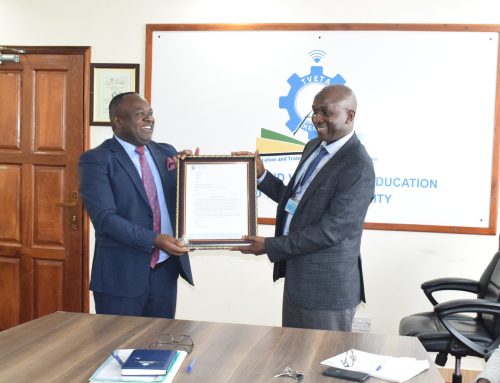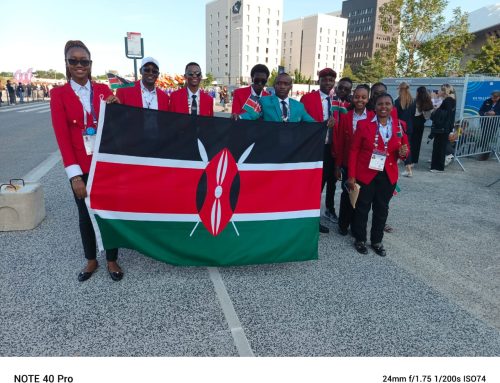 The country is ranked 41st globally in the index that was developed to assess the effectiveness of education systems in preparing students for the demands of work and life in a rapidly changing landscape. The index focuses on the 15-24 age band in 50 economies around the world.
The country is ranked 41st globally in the index that was developed to assess the effectiveness of education systems in preparing students for the demands of work and life in a rapidly changing landscape. The index focuses on the 15-24 age band in 50 economies around the world.
Among the 50 economies covered in the index, Finland emerges in 2018 as the leader in providing future-skills education, followed closely by Switzerland. Both systems are strong in all three index categories, but they particularly excel in their policy environment—in, for example, the formulation of future-skills strategy and attention to curriculum and assessment frameworks. These and other small, wealthy economies in Europe and Asia dominate the upper tier of the index.
Finland launched an experiment in 2016, mandating all its schools adopt collaborative teaching methods, with the aim of better preparing students for the challenges they will face in the coming decades. It is one of the reasons why Finland rose from third place in the last iteration to the top position in the 2018 Worldwide Educating For the Future Index, developed by The Economist Intelligence Unit and commissioned by the Yidan Prize Foundation.
In Africa, Ghana is ranked top in position 25, closely followed by South Africa in position 33rd. other countries captured in the index include Ethiopia (44th), Egypt (46th), Nigeria (47th) and Algeria (48th).
Ghana is Africa’s standout performer can teach policymakers around the world how to prioritise education. It also the strongest performer among low-income economies and the highest ranked of the seven in Africa.



